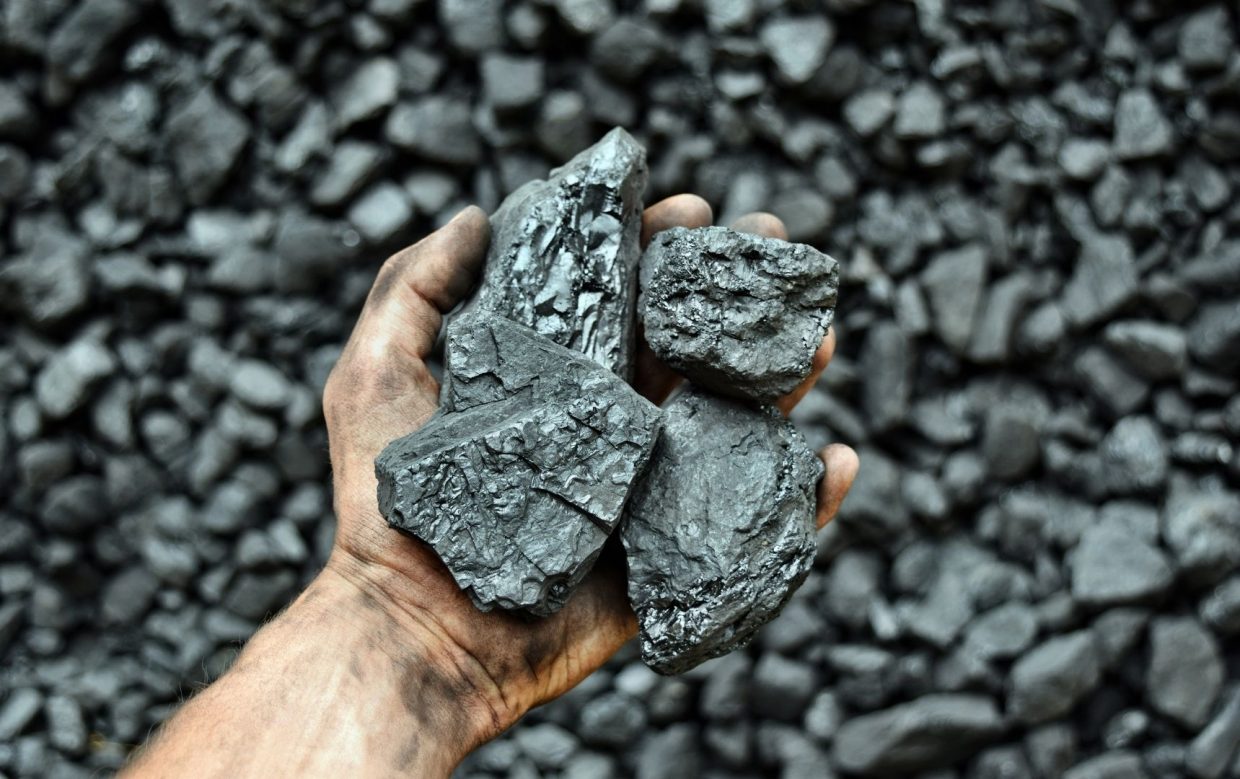RAWMINA
Integrated innovative pilot system for Critical Raw Materials recovery from mines wastes in a circular economy context

-
Grant agreement ID: 958252
-
Total project budget: 10.857.402,68€
-
Start Date: 01/05/2021
End Date: 31/10/2024
-
Project website: rawmina.eu/
Project summary:
Currently, the European Union depends on the rest of the world to obtain many raw materials, such as cobalt, antimony, germanium and tungsten, materials that are crucial for the EU’s industrial sector. Although many of these raw materials have a high recycling potential, recycling rates are often very low due to the lack of efficient and cost-effective technologies. To address this need, the H2020 RAWMINA project aims to incorporate circular economy schemes in the mining sector, and it will work to demonstrate the full-scale effectiveness of several innovative technologies that allow the recovery of raw materials from mining waste (i.e., tungsten, cobalt, antimony and germanium). The project will finally promote the integration of these technologies in a reference pilot plant that will under real conditions in a mining facility.
The RAWMINA project is coordinated by LEITAT Technological Centre, and it has a total budget of more than 9 million euros and a consortium of 19 partners from Spain, France, Germany, the Czech Republic, the United Kingdom, Finland, Italy, Greece, Ireland and Chile.
![]()
Our role in the project:
Within the framework of the RAWMINA project, the CT BETA will be the leader and main responsible for the Sustainability Assessment of the different innovative technologies developed in the framework of the project and also the pilot plant that will integrate them at the end of the project. These tasks will be carried out by the CT BETA areas of Sustainability Accounting and Optimization and Applied Ecology and Global Change. On the one hand, the LCA and LCC methodologies (Life Cycle Analysis and Life Cycle Costs) will be used to quantify the environmental impact and economic viability of the technologies developed. In addition, the potential benefits and social impacts of these technologies will be quantified from S-LCA evaluations. Finally, CT BETA will also lead the study of the ecological impact that the different wastewater effluents generated at various stages of the process can produce on freshwater ecosystems, using the aquatic biofilm as a bioindicator.
